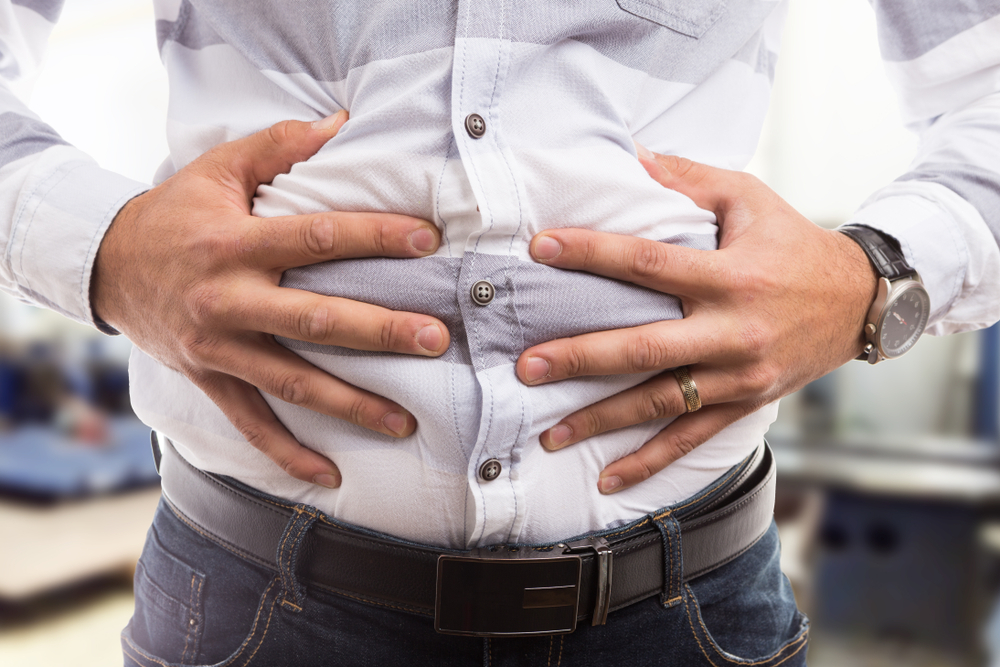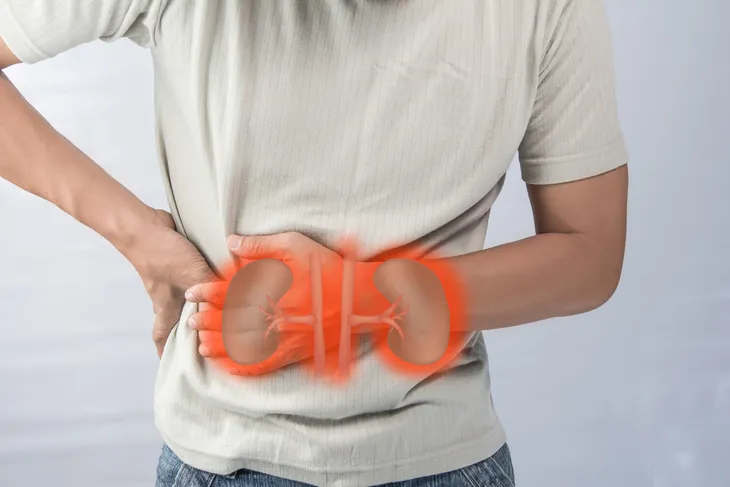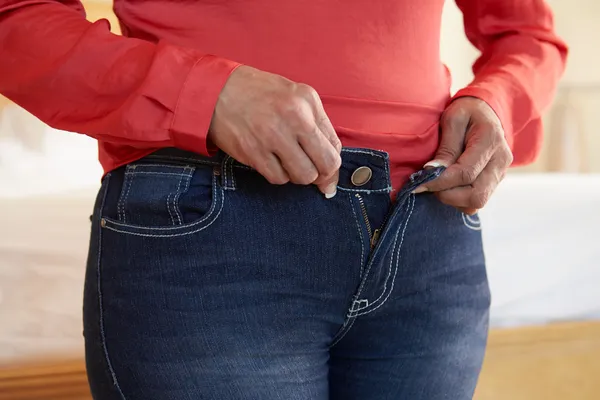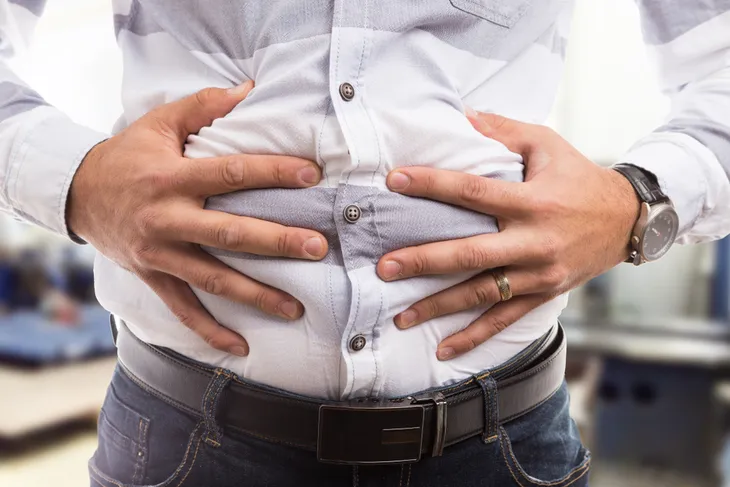So we’re all aware of how essential protein is—according to WebMD the body utilizes protein to repair and built tissues (i.e., muscles, hair and nails), to build and support our skin, cartilage, bones, muscles, and blood, and to produce body chemicals (i.e., hormones and enzymes). However how much protein is too much protein? And yes, there is a limit.
Although protein-rich diets are essential for satisfying our appetites, for building muscles, and for maintaining a healthy metabolism, eating too much (for example, if you opt for a super high, protein-focused diet that excludes other food groups) you could develop these negative health issues…
Want diet & nutrition content delivered straight to your inbox? Sign up for our exclusive diet & nutrition newsletter!
Kidney Damage
It may seem pretty shocking to claim that eating too much protein can cause kidney damage, but science tells us that super-high protein diets do seriously tax the kidneys to constantly work harder to eliminate nitrogen from the blood.
According to research from the National Institutes of Health, excess protein in the diet means you consume more nitrogen byproducts. Typically, the body can expel normal amounts of protein through the urine, but eat too much and your kidneys become stressed to rid your body of all the extra nitrogen, which can lead to renal damage over the long term.
Weight Gain
Many folks opt for a super-high protein diet because they want to lose weight. However, many nutritional experts agree that while you may see short-term weight loss, that weight always creeps back up and even exceeds what you started with.
According to this 2016 National Institutes of Health study, more than 90-percent (of the 7000) adult study participants reported becoming overweight due to a high protein diet compared to participants who maintained a more balanced diet.
Blah Mood
We recommend a balanced diet for good reason on this website. Numerous studies agree that scientists still aren’t quite sure of the long-term psychology of opting into a very low-carbohydrate (LC) diet in order to lose weight loss.
In fact, this 2009 Australian study discovered that individuals who stuck to a strict low-carb diet for the duration of a year or more experienced significant negative effects on mood. Participants reported a link between their low carb eating regimen and increased irritability, depression, and grouchiness due to the lack of available carbs (sugar and starch) for the brain to produce serotonin (the “good mood” hormone).
Heart Disease
While the Mayo Clinic insists that opting for a diet that’s rich in lean protein diet and lighter on complex carbohydrates doesn’t normally cause negative health over the short term—the medical source does caution against high-protein diet with carbohydrate restriction over the long-term.
The Clinic notes that research shows that high-protein diets rich in red meat and full-fat dairy products can increase the risk of cardiovascular disease, if followed for extended periods.

Ketosis (and Chronic Bad Breath)
Manhattan-based registered dietitian, Jessica Cording, MS, RD, CDN, warns those who go on a fad high protein diet that suggests banning carbohydrates (or limiting them to almost zero) that while you may experience some weight loss—you could develop chronically stinky breath, thanks to a state known as ketosis.
Ketosis occurs when the body, due to lack of carbohydrates, begins to utilize fat for fuel. As the body scorches your fat stores, it triggers the production of ketone, when emitted leave you literally breathing out these stanky ketone chemicals. And, Cording says, no amount of brushing, mouth-washing, or gum-chewing will rid you of bad breath since the ketones are being emitted from deep down inside your body.
Digestive Unrest
Fiber is important to digestion. In fact, the nation’s nutritional organizations agree that between 25 to 35 daily grams of fiber is recommended daily if you expect to keep your digestive tract happy and healthy…and that means pooping.
Staying regular (that means avoiding bloating, gas, and constipation) is dependent upon fiber in your diet from complex carbohydrates (i.e., whole grains, beans, fruits, and veggies). That’s why low-carbohydrate, high protein diets lead to digestive unrest.








